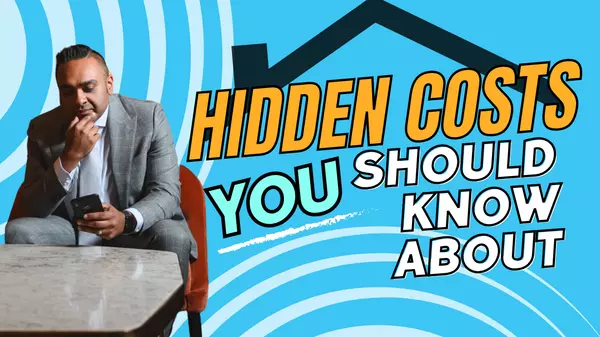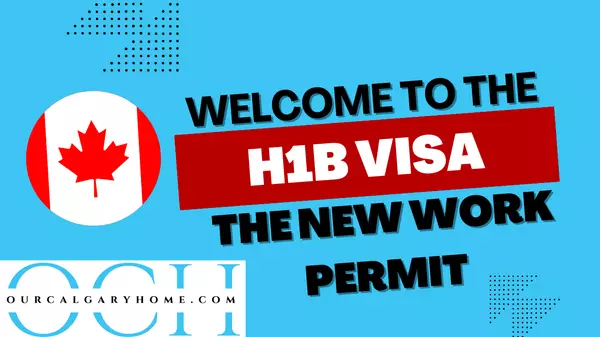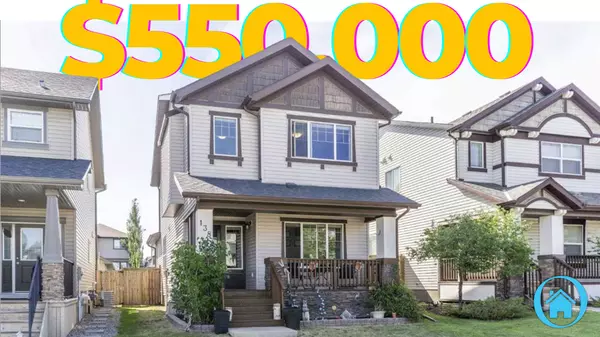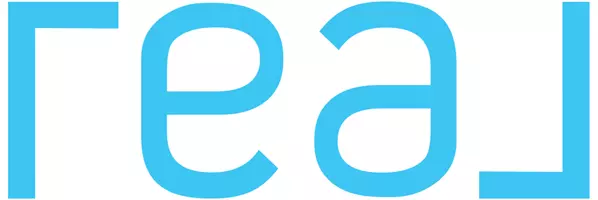

Hidden Costs to Buying A Home in Alberta
Ready to buy your new home? STOP! These are the hidden costs you should know about before purchasing your home in Alberta! The Calgary real estate market continues to stay hot so be well aware and you'll be on your way to purchase your new home in no time! We'll run through details on GST, Mortgage
Read More

Welcome to the H1B Visa in Canada!
The Calgary real estate market is set to receive a boost as a Canadian government program aimed at attracting highly skilled tech workers from the U.S. quickly reached its application limit. The program, introduced by Immigration Minister Sean Fraser, offers work permits to H-1B visa holders in the
Read More

Newest Okotoks Listing: 138 Drake Landing Loop
Ready to check out our newest listing in Okotoks Alberta? Look no further than 138 Drake Landing Loop! Description Introducing this charming 3-bedroom, 3.5-bathroom residence located in the sought-after community of Drake Landing, Okotoks. This spacious FORMER SHOWHOME, freshly painted, is the large
Read More

Ready to sign your next contract with a thumbs emoji? HOLD UP!
Trust me, you don't want to miss this one. We just had a precedent setting ruling as a judge said a contract was executed with a thumbs up emoji. A Canadian judge has recently made a groundbreaking ruling, declaring the "thumbs-up" emoji as a valid form of signature in court cases. The decision com
Read More
Categories
Recent Posts









